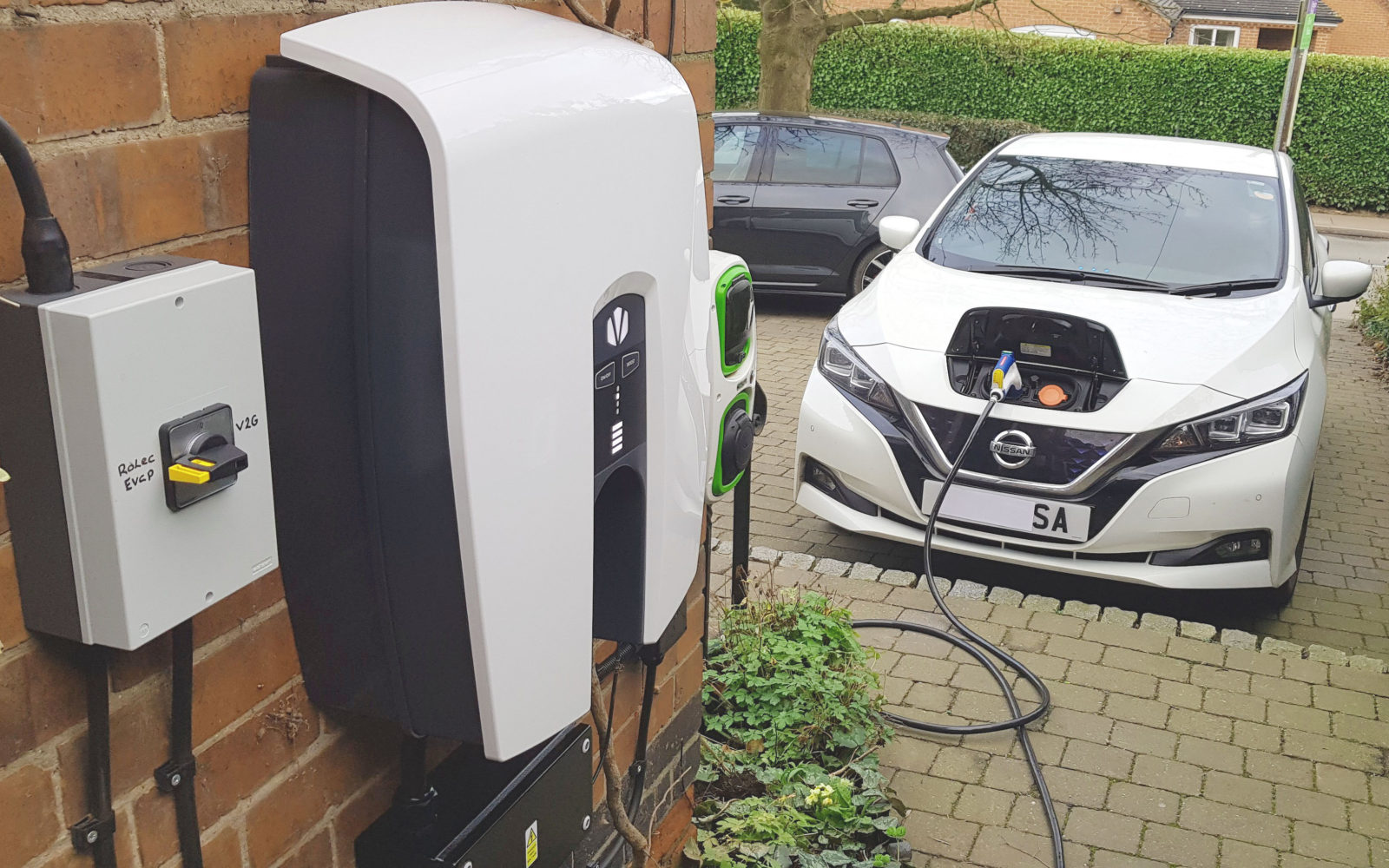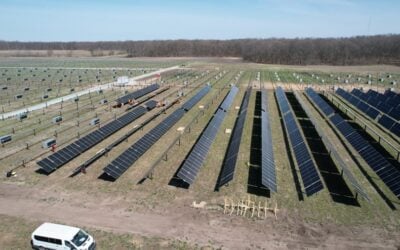
Vehicle-to-grid (V2G) technology has been “reduced down” to making revenue from energy trading despite having a “range of opportunities” and benefits.
This is according to a new review of nine European V2G projects by Cenex. The review, which was funded by Innovate UK, found that the traditional model for V2G of generating revenue through energy trading is only one of a number of opportunities for the technology, highlighting key value propositions such as resilience, the benefits to society, enhanced battery management and self sufficiency.
Enjoy 12 months of exclusive analysis
- Regular insight and analysis of the industry’s biggest developments
- In-depth interviews with the industry’s leading figures
- Annual digital subscription to the PV Tech Power journal
- Discounts on Solar Media’s portfolio of events, in-person and virtual
According to the review, V2G can significantly reduce energy system greenhouse gas emissions, as well as ensure resilience in the event of power outages and prolong the battery life of an EV.
Battery degradation is a contentious topic when discussing V2G technology, as increased cycling takes place for arbitrage, which is likely to increase a battery’s degradation.
However, the review states that whilst V2G for revenue generation is often associated with increased battery degradation, using V2G for grid services that are based on power availability but have low energy usage will “have a limited impact on battery degradation”.
To read the full version of this story, visit Current±.






